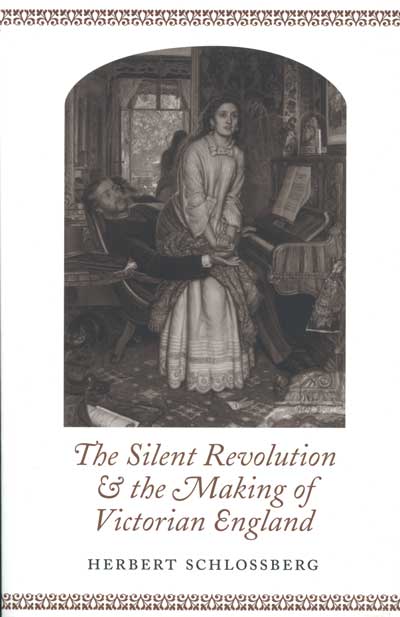
The Silent Revolution and the Making of Victorian England
Herbert Schlossberg
Herbert Schlossberg argues that by the time Victoria became queen in 1837, Victorian culture was already essentially in place. Focusing on the period between the 1790s and the 1840s, Schlossberg shows how the religious revival that took hold of England’s culture in the early years of the nineteenth century constituted a “silent revolution” —as opposed to the violent political revolutions taking place in France and other European countries—that formed the basis of Victorian culture. Among other effects, this revolution effectively addressed the dislocation brought about by rapid economic change and population growth that were producing strains on the already shaky moral and religious state of the English nation.
After an opening discussion of the spiritual condition of England in the eighteenth century, Schlossberg describes the various manifestations of the religious revival, focusing on the main renewal movements in the Church of England and the spread of evangelicalism to dissenting religious groups. He looks next at the relationship between the religious revival and aspects of society not often linked to religion, ranging from the roles played by intellectuals (Coleridge, Carlyle), to the place of religious activity during periods of social and economic change, to the struggle between evangelicalism and utilitarianism for intellectual domination. The final section looks at changes in the ways people thought and felt, changes in moral sensibility and practice, and the remaking of English institutions.
Herbert Schlossberg is a senior research associate at the Ethics and
Public Policy Center in Washington, D.C. He is the author of several previous
books examining the relationship between religion and culture.
|
Apr 2000
Victorian Studies 384 pp. 6 1/8 x 9 ¼ 12 photographs |
|
| $27.95 paper 978-0-8142-5046-4 | Add paperback to shopping cart |
| $71.95 cloth 978-0-8142-0843-4 | Add cloth to shopping cart |


